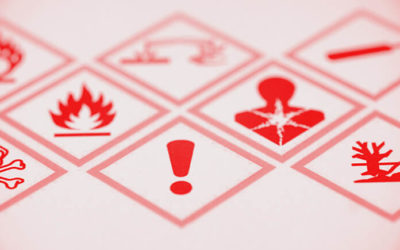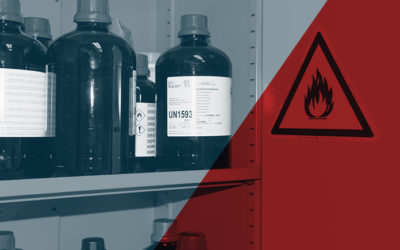As generators of hazardous waste, it’s critical for universities to have written, documented hazardous waste disposal guidelines for their employees. These help ensure safety regulations are known throughout the university campus and not just certain rooms or buildings on a campus. Every department that has anything to do with hazardous materials should know and understand these laws. If your university is without such guidelines or documents, create one.
Service Request
Have waste that requires compliant handling or disposal? Fill out our service form and an MCF Environmental Representative will get back to you quickly with next steps!
Please note we do not provide disposal services for household waste

















